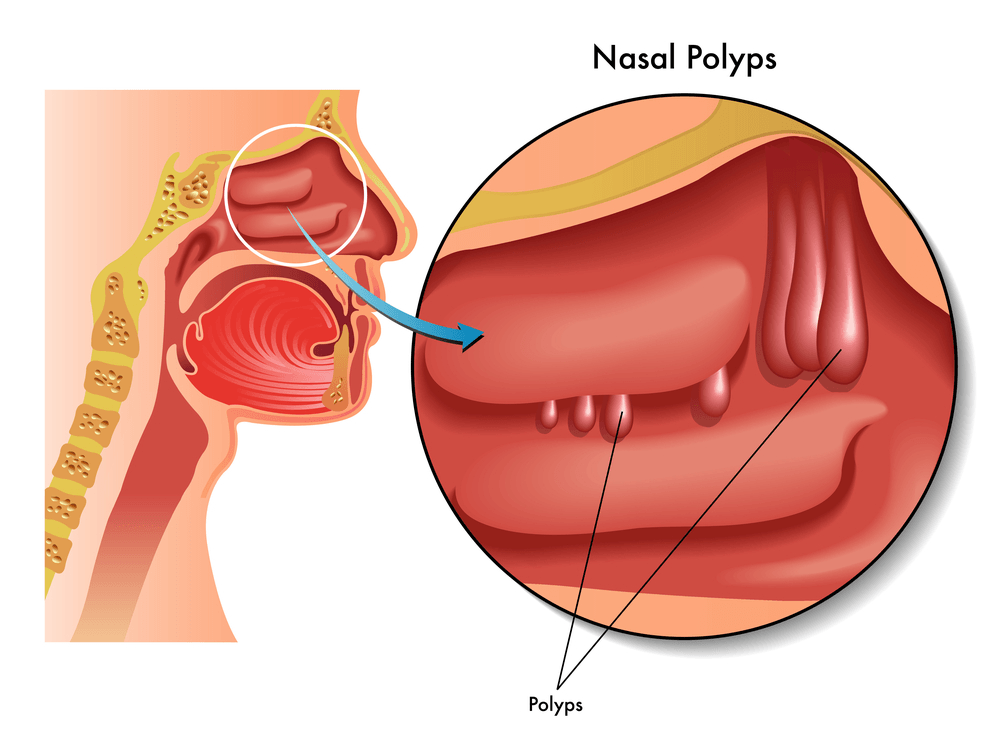Is a deviated septum normal?
Looking into the patient's nose, I say to my assistant, “Please document there's a right-sided severe nasal septal deviation” to which the patient exclaims, “Is that normal?”
Well, let's talk about a deviated septum. The nasal septum divides the nose in the midline. It is made of portions of cartilage and bone that help direct the airflow through the nose. A part of the septum also has olfactory fibers on it to help with the sense of smell.
It's been shown that up to 80% of people have a deviated nasal septum. So this begs the question: since most people have a deviated septum, is it actually normal to have a deviated septum? It kind of is, in general, but there are a few factors that should be taken into account. One is the severity of the deviation. A mild deviated septum may not cause any problems, but a severe deviated septum can greatly impact the nasal airflow. So to answer whether or not it's normal depends on if it's causing any problems.
"Up to 80% of people have a deviated septum..."
The most common problem from a deviated septum is blockage of the nasal breathing. A deviated septum can also contribute to recurring nosebleeds because the air you breathe dries up the lining, causing tiny blood vessels to burst. Other symptoms include crusting from dryness and decrease in smell because of lack of the ability of air to reach the olfactory nerves.
So, nasal septal deviations are not necessarily abnormal; however, those causing symptoms may benefit from surgical correction. There's not really a medicine that can correct a deviated septum because it is an anatomic anomaly. Sometimes topical sprays can help with the symptoms of obstruction by decreasing the inflammation around the deviated septum. If you are having nasal congestion, ask your doctor about it. You likely have a deviated septum (well, because most people do); an expert can help determine if it’s contributing to your issues.
Thomas S. Higgins, MD, MSPH
Dad. Husband. Physician. Sinus Nerd.















